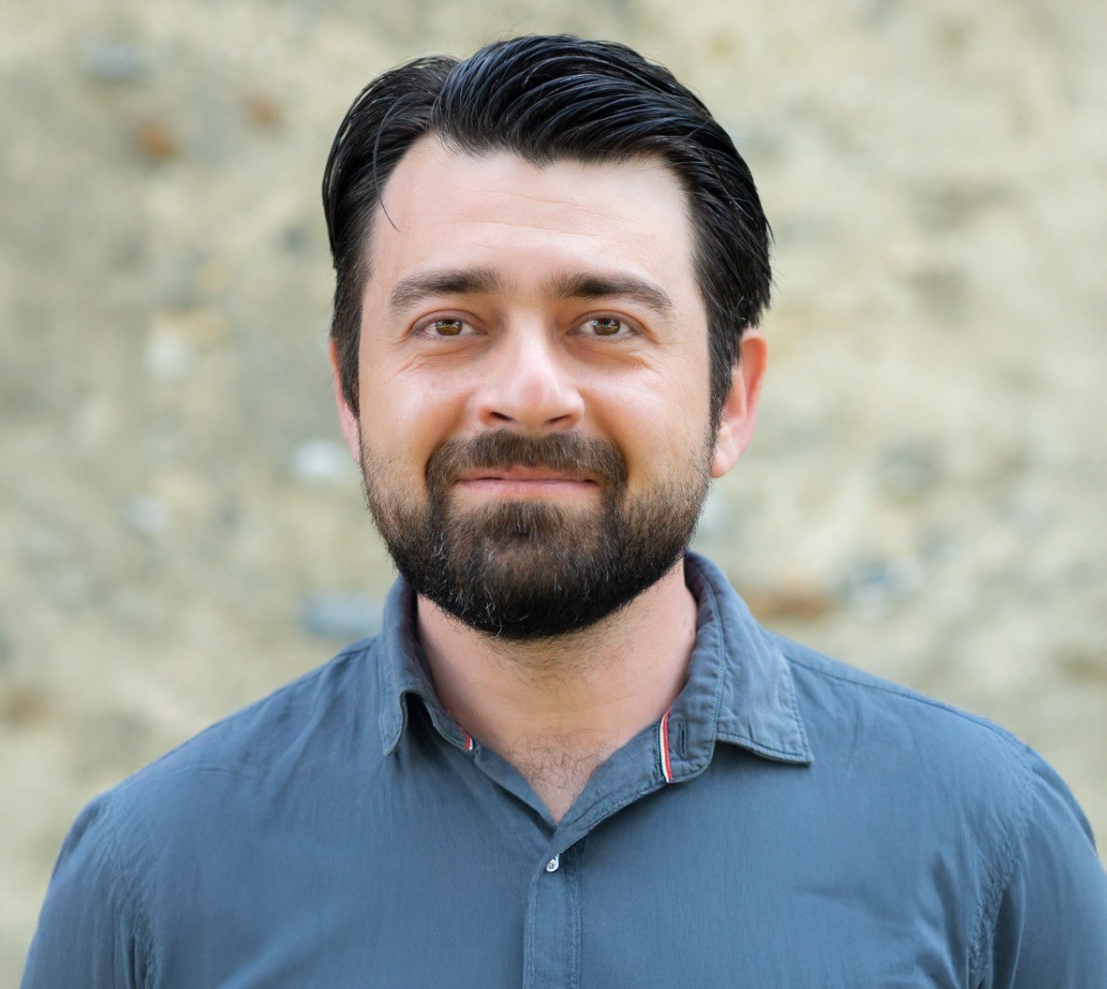Migration & Transformation: Lessons from 2025
Ismail Alkhateeb

Ismail Alkhateeb, PLACE’s Operations Manager, a Civil Society Supporter and one of the lead program managers of The Resilient Cities, reflects on his journey of exile, belonging, and resilience. From the solidarity of his small Syrian hometown during moments of crisis, to the enduring strength of his Ismaili community, to rebuilding a sense of home in France, Ismail shares how community resilience is woven into everyday practices of support and recognition.
Read his reflection to discover how these experiences shape his work at PLACE and offer lessons on turning fragility into collective strength.
Through a WhatsApp video call, I could hardly breathe as I watched the fall of one of the Middle East’s longest dictatorships. A rush of questions overwhelmed me: What will become of this fractured country? And of my small, quiet hometown, cursed by geography, without power, without geopolitical weight, without resources?
Questions came flooding in, leaving me light-headed as I searched desperately for any news that might bring relief. Yet, as on every occasion, the legacy of solidarity in my small town asserted itself. In the midst of this fear, thousands of miles away from my land and my home, dozens of my fellow townspeople gathered in a WhatsApp group. We checked in on one another, calmed each other’s worries, and declared the town safe, neighborhood by neighborhood, square by square.
In those moments, I understood that solidarity is not simply a rhetorical ideal but a lived practice that generates security, even when we are scattered across different exiles. That experience marked 2025 for me, illustrating that belonging is continually reproduced through informal networks that function as mechanisms of collective support and protection.
A few months later, Ismaili communities around the world experienced one of their most transformative moments with the passing of their spiritual leader. I felt the weight of that moment, yet my anxiety was less intense than in the broader Syrian context, because solidarity within the Ismaili community runs deeper, anchored in traditions and institutions resilient enough to absorb crises and guide people through change. Once again, the community I belong to has demonstrated its capacity to endure and maintain stability in the midst of upheaval.
But what does it mean to navigate several identities at once, each undergoing its own transformation in exile: to be one among nearly seven million displaced Syrians, to belong to the Syrian Ismaili community, numbering fewer than two hundred thousand, and at the same time to live as one refugee among hundreds of thousands in France? Within a span of just three months, I found these layers colliding in my own life. My experience was not the most violent or the most dramatic. Still, it drained me because it was relentless: a daily struggle to renegotiate belonging, to determine which cultural and social anchors could provide a measure of stability amid so many transformations.
These layered identities are not static; they have shifted with each stage of my exile. Over the past decade, I have lived through repeated experiences of starting over and rebuilding from scratch, and I have now completed my tenth year in exile. Each attempt to reestablish roots revealed deeper layers of estrangement and a continual redefinition of belonging. Over time it became clear that these challenges cannot be reduced to the individual level alone. What provides genuine stability is what might be called community resilience: the capacity of solidarity networks to mobilize resources and generate new social capital that allows us to confront collective crises with greater confidence.
No migrant arrives in a new context empty-handed. I carried with me a legacy deeply rooted in community solidarity, and I put it to use as a tool for sharing my experiences and contributing to new networks of belonging. This legacy shows that legitimacy in host societies does not rest only on legal status, but also on the mutual recognition generated by civic participation. Through active engagement in shared life, belonging shifts from a provisional identity into a legitimate position within the social fabric of host societies.
Across Europe, and especially in France, where I continue my life in exile, the need to strengthen tools of participation and solidarity is clearer than ever. These are not just values to affirm, but essential conditions for keeping societies cohesive and stable under growing pressure. Building on this understanding, at PLACE we work to turn the experiences of exile and migration into a collective force that reshapes how participation and belonging are understood.
This awareness also shaped the work we carried out at PLACE. In one of our initiatives, people with a migration background sat with local actors and members of civil society to address practical questions about the future of their cities. At first, there was hesitation, as each person brought a different background and long histories of separation and searching for belonging. But through mutual listening, a common thread appeared: the need for safety, the desire for stability, and the hope of being recognized as legitimate members of the community.
Out of these moments of listening and recognition came a series of modest but concrete steps. They were not grand strategies, but small practices that began to rebuild trust within the community. Each showed how voices long kept at the margins could find their place in shaping what comes next.
Such beginnings may seem minor, yet they point the way forward. Stability is not handed down from above; it is built from below, in the details of everyday life. This is where resilience shows its true meaning: turning fragility into collective strength and reweaving belonging into the fabric of our communities.
